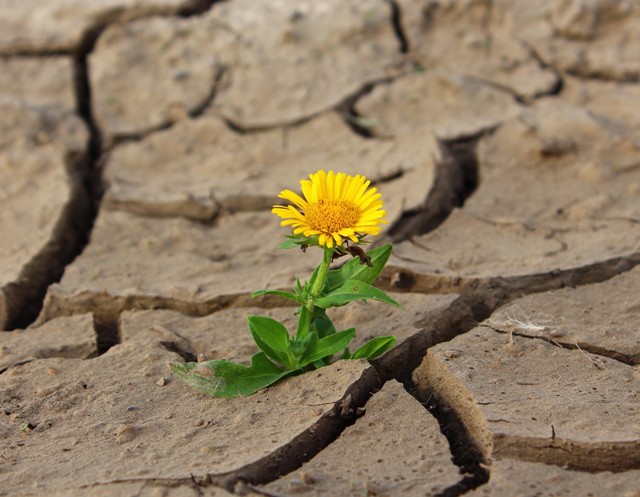
Miracles happen everyday. It’s a simple statement, one tossed around at times with an absent-minded smile. A miracle, according to The Webster Dictionary, is: “an extraordinary event manifesting divine intervention in human affairs.” Often when we speak about this ‘divine intervention’ as something that happens in everyday lives, it is impersonal, grand, and at many times, far beyond reality.
We forget that we have the ability to cultivate everyday miracles that seem small but are in fact, as grand and as powerful as those that seem to be solely from divine intervention.
Going to a spirit-filled church can be difficult when it comes to divine intervention. It is expected to be miraculous, and grand, and common. So, when you’re sick, when you’re hurt, it's not that you don’t go to a doctor or trust their opinion—but you are taught to be expectant of instantaneous, miraculous healing.
Of course, when the healing doesn’t come, or the sickness gets worse, the response is “keep praying”. This of course, is the right response, but in the midst of any unanswered prayer, that is the last thing you want to hear, especially when that prayer has been prayed for years on end.
Hope that transcends pain
And then the questions come. Is it me? Do I not have enough faith? Is this a test? Why, why, why, why? These are often shouted, through tears, through anger, through defeat. I’ve shouted them. My mom has shouted them. My dad has shouted them. My sister, my friends, everyone. And often the response does not come in answers. The only comfort in these moments is a quiet whisper of hope that seems to somehow transcend pain, however quiet and small it is.
The same situation can be said for all the suffering in this world. We ask God for answers and the truth of the matter is, he has given us the answers time and time again. We are the answer; he works through us to do good. When we see the injustice in the world, real injustice, poverty, abuse, discrimination and moreover, it’s our place to take a stand against it. We can be an ordinary miracle for someone else.
During my high school years, I was heavily involved in student leadership. I was SRC president and later school captain, but I felt the things we did as a school community were so small and I often felt discouraged. However, one year at the National Young Leaders Day conference, the theme was “Master the Little”. It was all about how even the smallest actions within groups can be monumental in the long run.
The little things add up; the little actions; the little words; the little prayers; they all add up in the end, for better or for worse. No matter how small, everything counts. As Matthew 17 verse 20 says, faith can move mountains, no matter how small. So, in the everyday, we can be miracles for others.
We can be miracles for others
Something I’ve been thinking about a lot is Jesus and his miracles. He performed them alongside his message. When he spoke of God’s provision, he also fed the hungry and then told us to feed the hungry and provide for the needy.
He told us of God’s love while spending time with those marginalised and hated by society, and then giving us the message to do the same. When we are hurting, we are to be there for one another; when we see someone in need, if we are able, we should provide; and so on and so forth.
Our prayers must coincide with our actions. Faith is not silent, and it is not passive either. Thoughts and prayers are important, as are the steps we take to bring them to fruition. When we see injustice in the world, when we seen sickness and pain, the first step is prayer, the next: action.
 Hope Pratt is from Sydney, I am an American Australian starting my first year at University. My family and I lived in Afghanistan for 6 years before moving to Australia. I am currently living in Sydney, which has been my longest home yet.
Hope Pratt is from Sydney, I am an American Australian starting my first year at University. My family and I lived in Afghanistan for 6 years before moving to Australia. I am currently living in Sydney, which has been my longest home yet.

Hope Pratt is an American Australian starting my first year at University. My family and I lived in Afghanistan for 6 years before moving to Australia. I am currently living in Sydney, which has been my longest home yet.